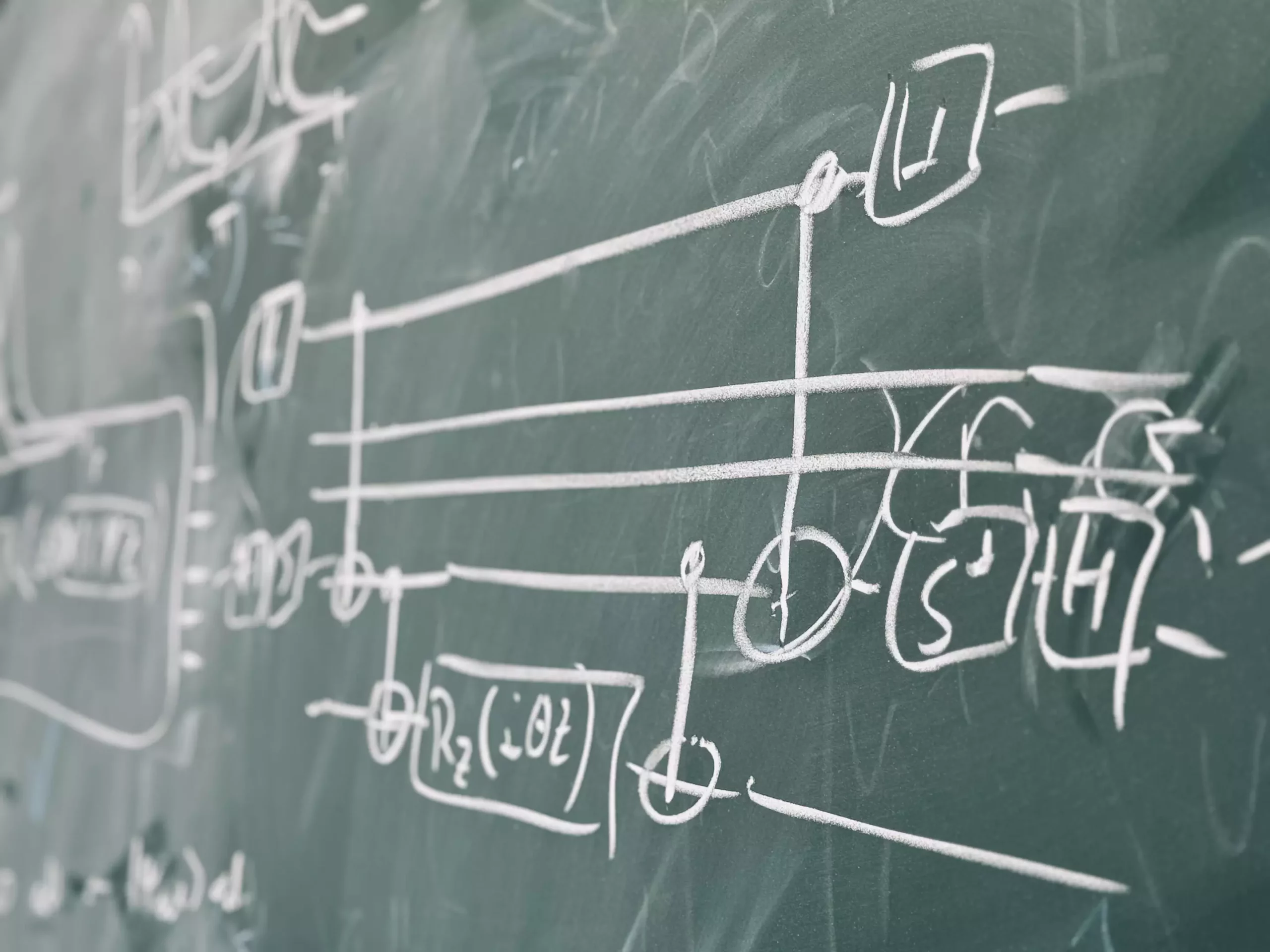Quantum computers have the potential to outperform conventional computers in various information processing tasks, including machine learning and optimization. However, their large-scale deployment is hindered by their sensitivity to noise, leading to errors in computations. One approach to address these errors is quantum error correction, which monitors and restores computations on-the-fly. Despite significant progress in this area, implementing quantum error correction remains experimentally challenging and resource-intensive.
An alternative to quantum error correction is quantum error mitigation, which involves running error-filled computations until completion and then inferring the correct result. This method was proposed as a temporary solution to quantum computing errors until full error correction can be achieved. However, recent research by scientists from MIT, Ecole Normale Superieure, University of Virginia, and Freie Universität Berlin has shown that quantum error mitigation becomes increasingly inefficient as quantum computers scale up. This limitation suggests that error mitigation may not be a long-term solution to noise in quantum computation.
The study conducted by Yihui Quek, Daniel Stilck França, Sumeet Khatri, Johannes Jakob Meyer, and Jens Eisert aimed to determine the extent to which quantum error mitigation can reduce the impact of noise on short-term quantum computing. While quantum error mitigation was expected to be more accessible than error correction, the researchers found that simpler mitigation schemes often require running the system a large number of times, leading to inefficiency in larger quantum computers.
One example of an inefficient mitigation scheme is ‘zero-error extrapolation,’ which involves increasing noise in the system and then converting the results back to a noise-free scenario. This method is not scalable and illustrates the challenges of combating noise in quantum circuits. Quantum circuits composed of noisy gates introduce errors at each layer, making deeper circuits more prone to accumulating errors faster than expected.
As quantum circuits are scaled up, the resources and effort required to run error mitigation also increase significantly. The study by Quek, Eisert, and their colleagues suggests that quantum error mitigation may not be as scalable as previously anticipated. The limitations identified in this research may serve as a guide for quantum physicists and engineers to develop more effective strategies for mitigating quantum errors.
While the inefficiency of current quantum error mitigation schemes has been highlighted, the researchers are focused on exploring potential solutions to overcome these challenges. By developing new mathematical frameworks and considering the impact of long-range gates on quantum computations, the team aims to inspire further studies and innovative approaches to error mitigation in quantum computing. Emphasizing the importance of local interactions and coherent mitigation schemes, the research opens up avenues for future advancements in quantum error correction.


Leave a Reply